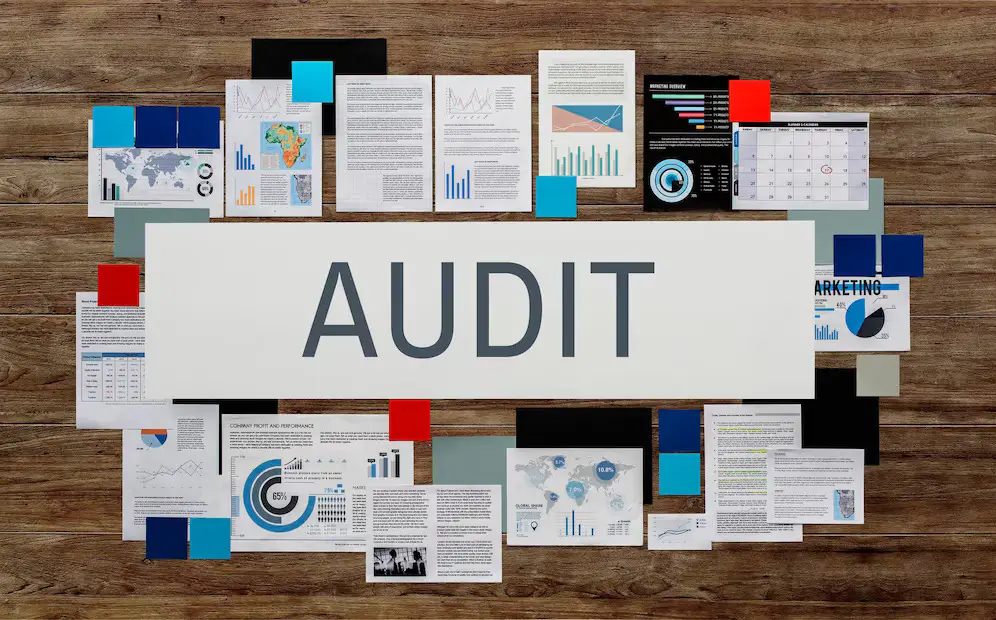Running a small business is an exciting venture, but it is also fraught with challenges that can lead to failure if not managed properly. Entrepreneurs often face an array of obstacles, and while some can be overcome, others may prove fatal if not addressed early on. Understanding these challenges is the first step toward avoiding them.
In this blog, we’ll explore the top 9 reasons why small businesses fail and provide actionable insights to help entrepreneurs tackle these challenges head-on.

1. Inadequate Cash Flow Management
One of the leading causes of small business failure is poor cash flow management. Even profitable businesses can run into trouble if their cash flow is mismanaged. Without sufficient cash to cover daily operations, pay employees, or invest in growth, a business can quickly go under.
Solution:
To tackle cash flow issues, businesses must maintain a close watch on their inflows and outflows. It’s important to create a detailed financial plan that tracks cash flow regularly. You can also utilize financing options like Revenue-Based Financing, which provides flexible capital solutions tied to your revenue cycle. If you are interested in how this model can support your business, check out our post on Revenue-Based Financing.
Pro Tip: Utilize cash flow management tools or accounting software to stay on top of your financial health.
2. Lack of Market Research
Many small businesses fail because they fail to understand their target market, customer needs, and competitors. Entering a market without comprehensive research is a common mistake that leads to misguided strategies and missed opportunities.
Solution:
Before launching any new product or service, conduct thorough market research. Understand your customer demographics, needs, pain points, and what sets your business apart. Market research will not only inform your product offerings but also shape your marketing efforts and pricing strategy.
If you want to learn more about effectively conducting market research, consider reading How to Use a Merchant Cash Advance Calculator to Make Smarter Funding Decisions, as it can provide valuable insights into how businesses can make informed financial decisions based on data.
3. Poor Financial Management and Accounting Practices
Financial mismanagement is a major cause of business failure. Inadequate accounting, failing to track expenses, and poor budgeting are all practices that can create financial instability. Without accurate financial records, business owners may not even realize they are headed for trouble until it’s too late.
Solution:
Hire a professional accountant or use accounting software to keep track of your business finances. Ensure you have a well-structured budget and stick to it. Regularly review your financial statements to understand the financial health of your business.
If your business needs help with managing financial debt, you may find value in our blog on Business Debt Settlement: A Strategic Alternative to Bankruptcy.

4. Failure to Adapt to Market Changes
The business world is constantly changing, and companies that fail to adapt to market changes are at risk of falling behind. Whether it’s new technologies, changing customer preferences, or economic shifts, businesses must remain flexible and innovate to survive.
Solution:
Stay informed on industry trends and technological advancements. Invest in employee training to keep your team ahead of the curve, and constantly seek ways to improve your product or service offering. Innovation should be an ongoing effort.
Additionally, consider how Merchant Cash Advances can provide funding to scale and adapt to these changes without the burden of traditional loans. You can find more about it in our article on The Pros and Cons of Non-Dilutive Financing.
5. Lack of a Strong Online Presence
In today’s digital age, a strong online presence is a must for any business. Customers rely heavily on online searches to discover products and services. Businesses that lack a well-designed website, an active social media presence, and search engine optimization (SEO) strategies are at a disadvantage.
Solution:
Invest in creating a professional website and develop a comprehensive digital marketing strategy. Focus on building your brand on social media, and make sure your website is optimized for search engines. You can also leverage customer reviews and testimonials to build trust with potential clients.
6. Ineffective Leadership and Management
A common reason businesses fail is ineffective leadership. When the leadership lacks experience, fails to communicate effectively with employees, or makes poor decisions, the business suffers. A lack of proper management practices can cause operational inefficiencies, low morale, and a lack of direction.
Solution:
Develop strong leadership skills, and if necessary, invest in leadership development programs. Encourage open communication within your team, set clear goals, and ensure that everyone is aligned with the business’s objectives.
For tips on managing business growth, check out Unlocking Business Growth: 10 Key Insights About Working Capital Loans.

7. Overexpansion and Overextending Resources
While growth is important, expanding too quickly can stretch your business’s resources thin. Overexpansion without proper planning can lead to operational chaos, increased debt, and financial stress.
Solution:
Plan your business growth carefully and make sure you have the resources to support expansion. Monitor cash flow closely and avoid over-leveraging your company. Expand at a pace that aligns with your current capacity.
8. Poor Customer Service
Your customers are your business’s most valuable asset. If you fail to provide excellent customer service, you risk losing them to competitors. Poor customer service leads to negative reviews, a tarnished reputation, and lost revenue.
Solution:
Make customer service a priority. Train employees on how to handle customer queries and complaints professionally and efficiently. Focus on creating positive experiences for your customers, and make sure their feedback is valued.
9. Inadequate Marketing Strategy
Many small businesses fail because they don’t effectively market their products or services. Without a clear marketing strategy, businesses are unable to reach their target audience, resulting in stagnant growth or even decline.
Solution:
Develop a comprehensive marketing plan that includes both online and offline strategies. Focus on content marketing, paid ads, social media campaigns, and partnerships. Constantly measure the effectiveness of your marketing efforts and adjust strategies as necessary.
Conclusion
Running a small business requires a delicate balance of strategy, management, and adaptation. The 9 challenges outlined above are not insurmountable, but they do require proactive measures and consistent effort. By addressing these issues head-on, you can set your business on the path to long-term success and avoid the pitfalls that many entrepreneurs face.
For further insights into business financing, debt management, and funding strategies, explore the resources available on our website:
- Revenue vs Profit: What’s the Real Difference and Why it Matters for Your Business
- How to Use a Merchant Cash Advance Calculator to Make Smarter Funding Decisions
- Business Debt Settlement: A Strategic Alternative to Bankruptcy
By taking the necessary steps to avoid these pitfalls, you can ensure that your business thrives and remains resilient against the challenges it may face.

FAQs
Q: What is the best way to avoid poor cash flow management?
A: Regularly monitor cash inflows and outflows, and create a detailed financial plan that accounts for potential fluctuations in revenue.
Q: How can a business ensure they’re conducting effective market research?
A: Conduct surveys, analyze customer data, and review competitors to identify gaps in the market and customer needs.
Q: What can a business do if they’re struggling with poor leadership?
A: Consider leadership training, delegate tasks effectively, and foster clear communication among team members.






